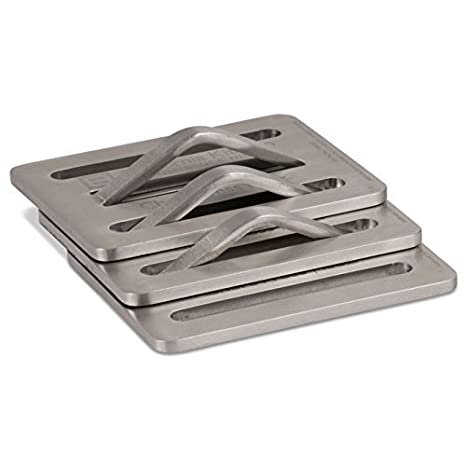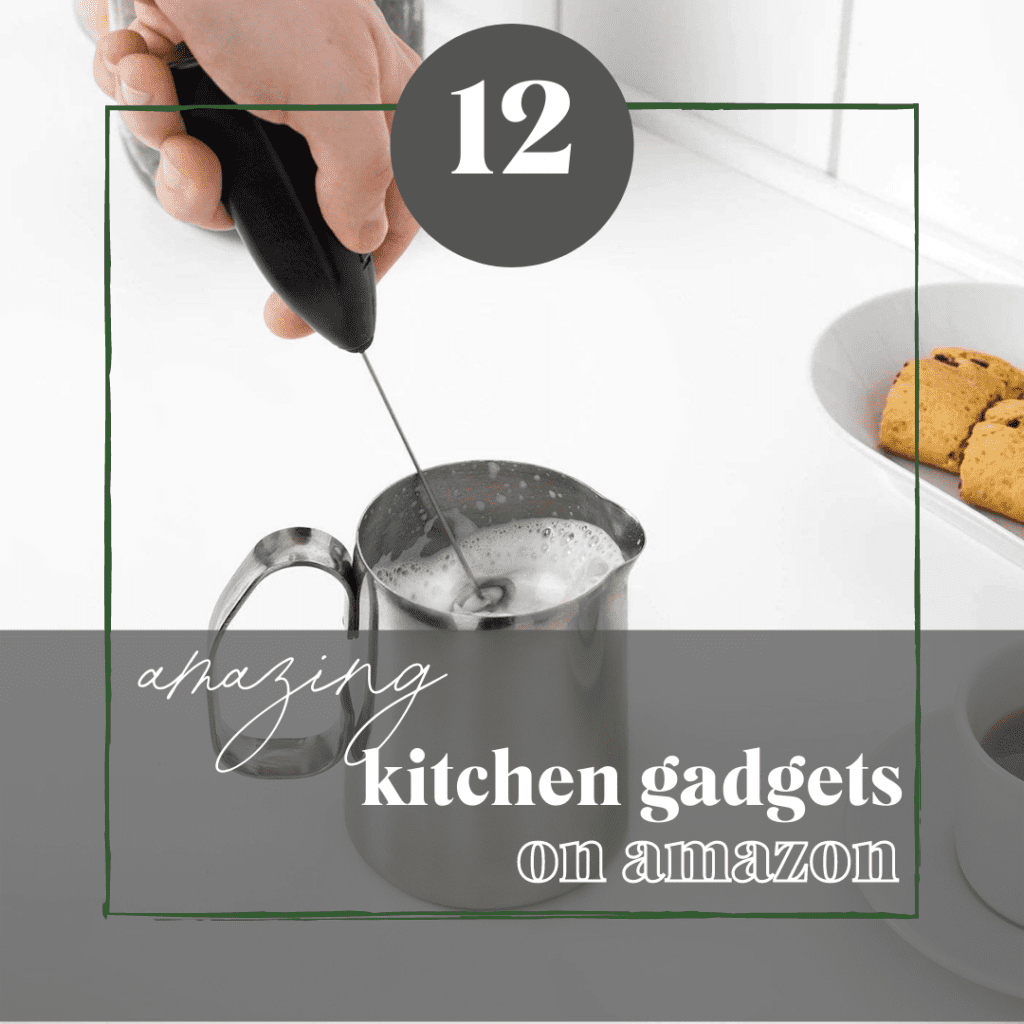
A toiletry bag is one of the most practical travel tools for men. A toiletry bag is a handy travel tool that can hold all your essential toiletries, as well as a trimmer and beard trimmer. A passport holder is another essential travel tool. This is a great tool if you frequent travel. Cash is an important asset.
Air-inflating Mattresses
When purchasing air-inflating mattresses for travel, keep in mind that the thickness of your mattress is not the only thing to consider. You should also consider the pressure your body places on the mattress. To get a good night of sleep, you may not need as much pressure.

Portable chargers
When it comes to portable chargers for men, there are a few different options available. These include waterproof and rugged models. Some models can even be made from tough materials like silicone, PC, and ABS. They can last for as many as 900 recharge cycles which is quite impressive for a portable charging device. A few models include an LED flashlight.
Mini travel steam iron
You can use a portable steamiron to iron your clothes while on the move. These devices use steam to create the steam needed to iron your clothes, but they're still a regular iron with a hotplate. You can press and pleat shirts. While some travel irons are dry, others are water-based and use small amounts of water to create the steam effect.
Multi-tools
Multi-tools can save the day when traveling. A good quality one will be comfortable to carry, and it will contain all the essential tools you'll need. It comes with extras, such as a pair or pliers. You can use this anywhere, no problem what country you are visiting.

Universal adapter
Traveling can be made easier by a universal adapter. A universal adapter can be used to charge multiple devices at different outlets. This is especially useful for travelers who aren't familiar with local sockets. Be sure to research the country where it will be used before you decide to buy one. Some adapters might not fit in smaller outlets due to their bulk. Look for an adapter with an automatic shut-off recovery fuse to avoid damaging your devices.
FAQ
When is the best time to shop online?
Sunday is the best day for shopping online for clothes. This is because you can take your time and browse through different stores to find what you are looking. Monday is the most important day of the week to purchase all you need. Last-minute shopping is best done on Tuesday. Wednesday is the best day to start shopping for Christmas. Thursday is the time to begin planning for Easter. Get ready for the summer holidays with preparations on Friday. Saturday is the day to start getting ready for school holidays. Final, complete any remaining tasks for this week by Sunday
Are there any discounts that can be requested when you shop?
Try to negotiate a better deal when purchasing items. It is not rude to ask them if there are any discounts codes. This will make it easier for them to offer you a discount code. This could save you time and money.
Are there other things that I should know about buying clothes online
Before buying clothes online, you need to be aware of several things. First, determine your size. Although it may seem obvious, most companies won't give this information. You might have to guess.
Consider shipping costs. Shipping fees will vary depending on the product you are ordering. Make sure you know exactly where the package is going. Some items ship directly through the manufacturer. Others go through a third-party warehouse. This can impact delivery times.
Finally, be sure to carefully read reviews. There are many poor experiences. Don't let someone else's experience influence yours.
Are there any tips or tricks to help me save money while shopping online?
First, make a list of the things you need to purchase. Go through each item on the list and determine which one is more affordable. After you've made your decision, compare prices across different websites. Compare prices on several websites to find the best price for each product.
How to avoid fraudulent use of credit cards online
If you use credit cards online, make sure you check your statements carefully before making purchases. You should only pay what you actually owe. If you notice anything unusual, check your bank statements often. If you find any suspicious charges, contact your card issuer immediately. They will often cancel the transaction, and then refund any money that was taken from your account.
If you think you've been scammed, contact your local police department. The Federal Trade Commission can also be contacted.
Statistics
- The vast majority only change a password to protect privacy a few times a year (27 percent) or, more likely, never (35 percent). (pcmag.com)
- According to the Federal Trade Commission (FTC), online shopping was the fourth most common fraud category for consumers as of February 2022.5 (thebalance.com)
- The tax is automatically added once you click the checkout button, so factor in an additional 20% when looking at the product page. (makeuseof.com)
- Your Online Purchases 79% of Americans purchased goods and services online in 2018, which is expected to exceed 90% in 2023. (meetfabric.com)
External Links
How To
What are the best online shopping practices?
Safe online shopping is an important skill for anyone who wants to shop online safely. It's important to know how you can shop at different sites without being scammed.
Read on if you want to know what to do when buying items online! This article will explain all the tips and tricks that can help you avoid falling for scams.
-
Do your research. Before you decide to shop online, it's essential to do your homework first. Look for reviews and customer feedback about the company that you are considering buying from. Ask friends for recommendations.
-
It's worth shopping around. If you aren’t certain whether a particular retailer is trustworthy, compare prices from multiple sellers. Consider price comparison apps like Amazon Price Checker or Google Shopping. These tools can help you find the best prices from your favorite retailers.
-
Watch out for red flags. If you are browsing product pages, look out for red flags. For example, many fake sites contain misspelled words and grammatical errors. They also often display incomplete products or sell counterfeit its.
-
Beware of pop-up windows. Some websites use pop-ups as a way to collect sensitive data such as passwords and credit card numbers. If you encounter one of these, close them immediately by pressing "escape" or choosing another browser window.
-
Ask yourself questions. If you are visiting a website, ask yourself the following questions: Is this website trustworthy? Is it able to provide what I need? Can I trust the people behind this site?
-
Don't share your personal information. Never provide financial information such as your Social Security number, bank account number, or credit card details over the phone or via email unless you initiated the transaction.
-
Avoid clicking on links in emails. It's very easy to click on a link in an email and end up on a phishing site that looks exactly like the real thing. Only open emails from trusted sources (such as banks) to avoid falling victim to this kind of fraud.
-
Use strong passwords. Strong passwords should include symbols, numbers, letters. Your password should be kept secret from others and you must not share it.
-
Be cautious when downloading files. Always download files directly rather than opening attachments via email. Never open attachments received from unknown senders. You should delete any attachments that ask you to install software.
-
Report suspicious activity. Contact your local police department immediately if your identity is suspected to have been stolen. You can also file a complaint with the Federal Trade Commission.
-
Protect your device. Make sure you have anti-malware protection installed on your computer. It can help prevent hackers from accessing private information.
-
Be aware of scammers targeting seniors. Seniors are especially vulnerable to scams because they are less likely to understand how to spot fraudulent messages and websites.